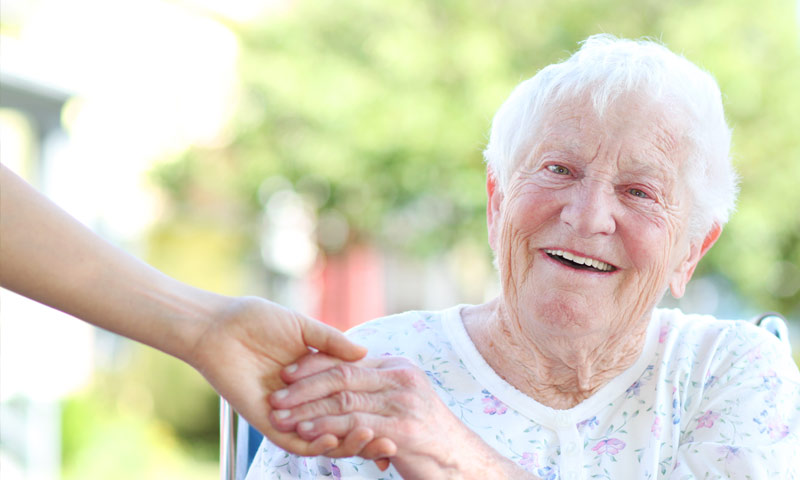How to tell if an elderly person needs a bit of extra help.

When it comes to deciding whether your parents, elderly friend or relative needs additional help to ensure they can live safely in their own home, it can be tricky to know where to start. The wheres, whens and hows of the situation are not simple. It can easily start to feel overwhelming as you try to get to grips with all the options available, the costs, and what is best for the elderly person themselves.
8 tips for deciding if an elderly person needs some extra support.
• Assess the person’s needs – This can feel quite difficult. Do you ask the person, observe them, ask other people who know them, or something else? You may not know what your parent, relative or friend requires, or what is available. We can help you organise your thoughts. You can fill in our and use your answers to establish what level and kind of support is needed. It’s a handy starting point for everyone involved.
Does your parent, relative or friend have:
• Family support – are there family or friends living locally and are they available to help?
• A safe home environment – is their home as safe as it can be? What barriers restrict their ability to stay in their own home? For example dangerous steps or staircases, a large garden, or badly maintained security?
• Medical needs – does your parent, relative or friend have increasing medical needs that they can’t manage on their own? Is the person taking their medication as per prescription? Do they need assistance?
• Good cognitive health – Can they clearly think, learn and remember, able to carry out everyday activities safely?
• Mobility – are they able to safely move around their home and ideally to local shops, GP surgeries and to see friends and relatives?
• Personal hygiene – Can they wash themselves and keep themselves clean? Do you think they are struggling with using the bath or shower on their own?
• How much support are they already getting around the above, and how much help do they realistically need to stay safe and healthy?
If your mum can’t see that well and lives in a rural area on her own, her needs will be very different from someone else’s healthy dad, who lives in a flat in the city surrounded by relatives but is starting to become frail and can’t get to the shops.
• Don’t forget – the person in need of care is still a person!
It’s vital that you involve the person themselves in the process from end to end, as a partner in it. Just because they’re getting on it doesn’t mean they’ve lost their pride, their love of independence, their unique personality. Nobody wants to lose control of their life, and that means sensitivity and positivity are both essential. Together you’ll find a clear way through any potential resistance faster and more easily.

